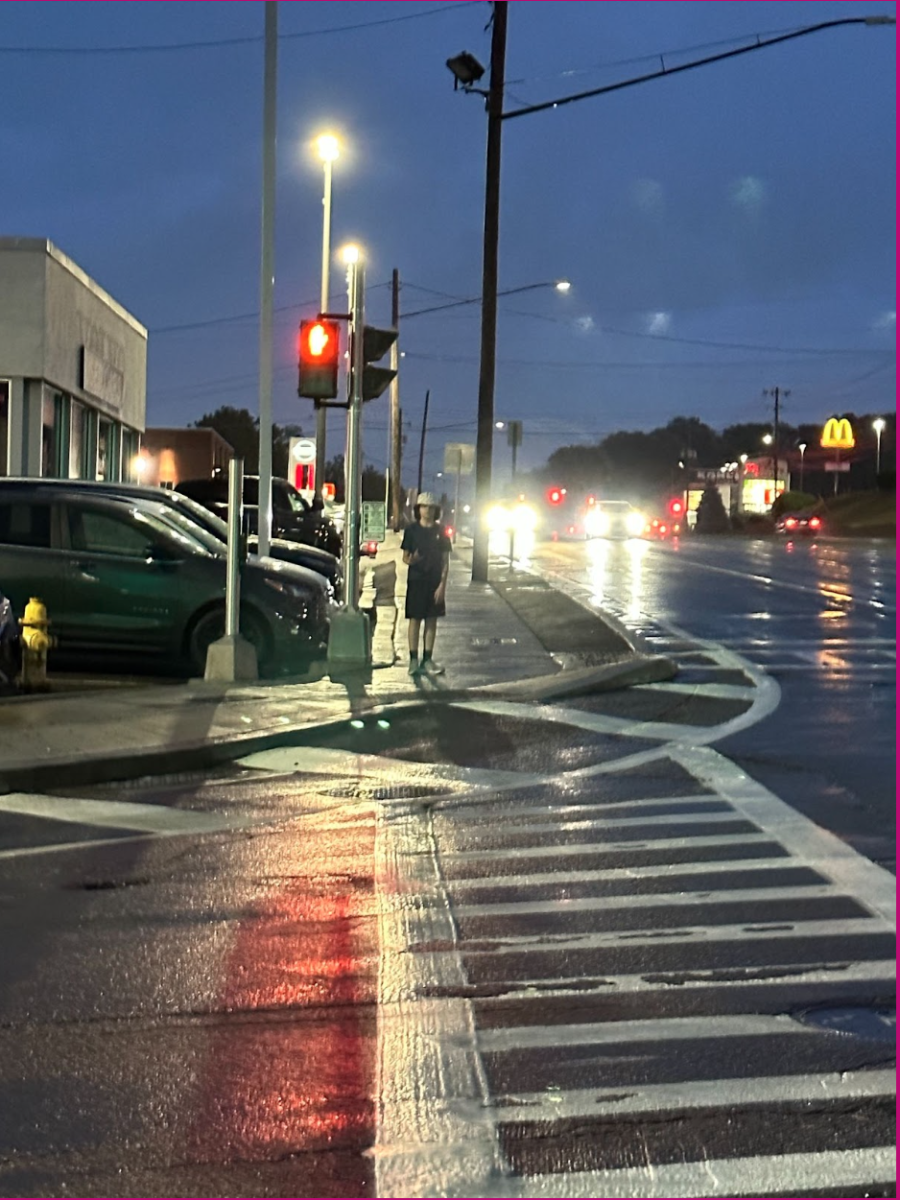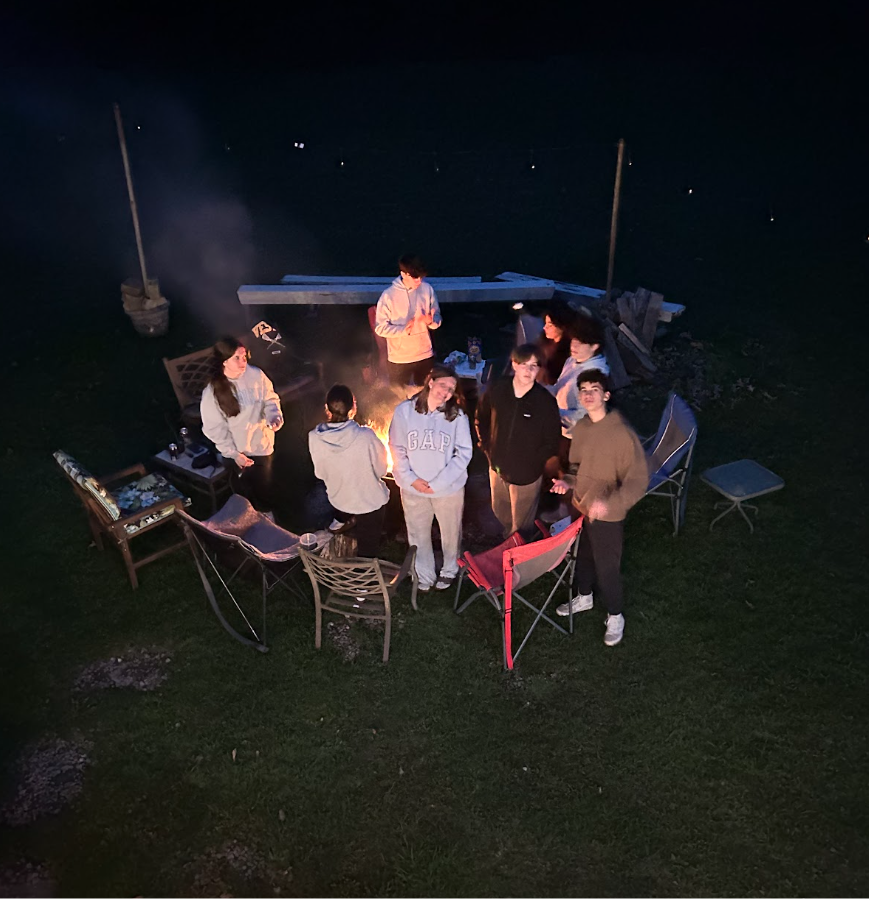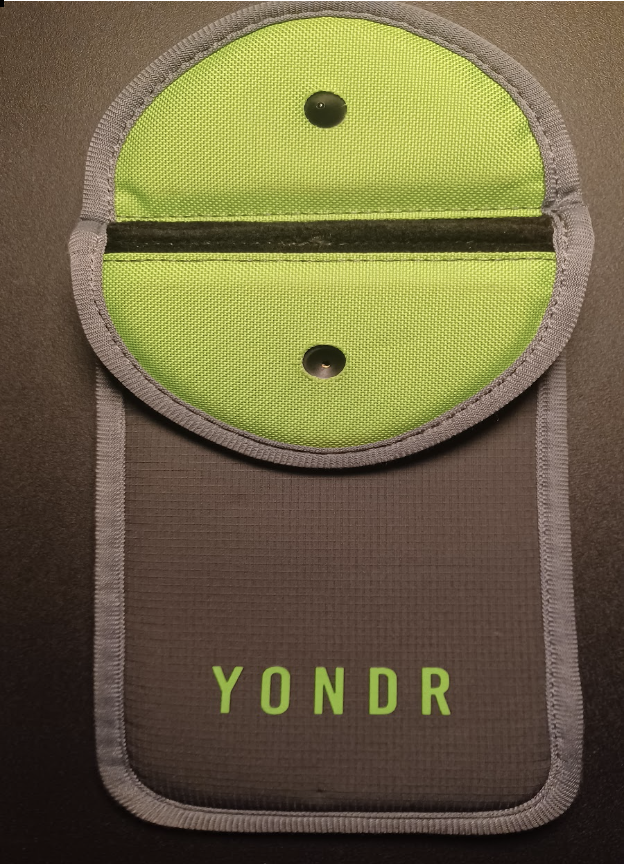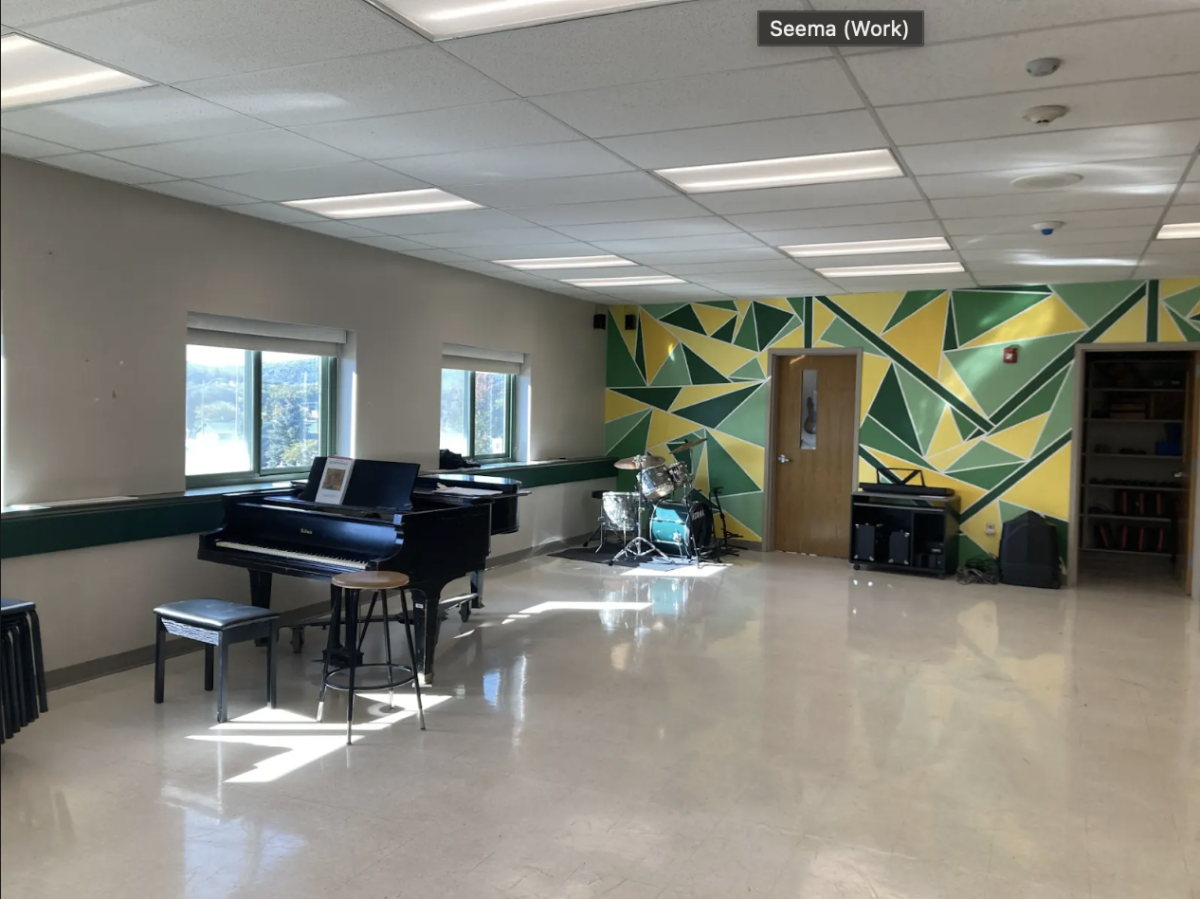Introduction:
Yondr Pouches. You might hate them or you might love them. In any case, there are many people within VHS who have different opinions, both strong and mild, regarding the effects of the Yondr Pouches that have been launched across the state. I interviewed seven people: two freshmen, two sophomores, two teachers, as well as a junior, who really wanted to be interviewed, to get a full range of opinions on this issue. To protect the identity of each interviewee, their accounts will be anonymous. The school’s goal for implementing the Yondr pouches is to promote a safe, encouraging, engaging, and conducive learning environment for students. Out of the seven people I interviewed, six agreed with this goal. With that out of the way, let’s see what the people have to say about this controversial yet impactful decision!
Freshmen:
Both Freshmen interviewed mentioned that they don’t like the Yondr Pouches and that they are relatively pointless. This is because the policy limits their freedoms during free periods such as lunch, preventing them from playing games during this time. They feel like they deserve a break from their academic workload, and now that liberty has been deprived from them. Furthermore, they mentioned certain positives that the Yondr Pouches bring, saying that they encourage kids to do classwork, and although they can and sometimes do help kids focus during class, it was still expensive to launch and limits their freedom during class. To add on, both freshmen agreed that if they were to use the system that took place last year at VHS, where phones were put in pouches at the beginning of each class, it would work better compared to the Yondr Pouches. Now, let’s see what the Sophomores and that one Junior who really wanted to be interviewed had to say.
Sophomores & Juniors:
One of the sophomores had an extremely apathetic attitude regarding the Yondr Pouches. He mentioned that he was not particularly in agreement with the goal of the Yondr Pouches because he couldn’t care less “if we had phones in class.” He never really used his phone during class or in school hours in general (aside from lunch), so he doesn’t really feel the effects of the Yondr Pouches. Furthermore, he never really saw people use their phones during class, but he did mention that having the ability to check important texts could be helpful. In addition, he feels like the system that was used last year had the same effectiveness as this year, but the system that was used last year was better since Yondr Pouches are easier to steal compared to having your phone in a small pouch at the corner of your eye.
The second Sophomore and the Junior hate the Yondr Pouches because they not only can cause communication problems, but also waste a lot of money for something that had to be implemented for everyone, not just for those who should be punished, they mentioned. They also mentioned that the Yondr Pouches cause inconvenience and hinder some classes that use phones for the benefit of education. Despite the fact that they were in agreement with the goal, they felt like the execution was poor. They felt like the problem was with parents not punishing their kids for using their phones, not that everyone was using their phones in class; the problem of phone addiction is for a select few, and many were punished as a result of that. They also mentioned that the system last year was better because not only was it cheaper for the school, but it wasn’t so much of a hassle for everyone involved; however, they believe that the former system was fairly effective but could’ve been executed more successfully. To conclude the interview, the junior had suggested that “if the phone is seen, then it’s taken down to the main office and you get it by the end of the day, but if it’s not, it’s fine. You can use your phone during free periods or for educational purposes” as an alternative solution.
Teachers:
Both teachers I interviewed agreed with the goal of the Yondr Pouches and appreciated them since they allow for a conducive learning environment, allowing students to be present and ready to learn. One of the teachers also felt like students are now doing a better job at following the rules compared to last year, in which the system was not as effective as it should have been. The other teacher had a lot to say about how students use their phones, and a lot of it was a bit blunt and harsh, but it had a lot of truth to it. He mentioned that the phones make the students more nervous and more anxious, stating that it’s a bad cycle, representing a larger issue. He also mentioned that because we, especially at our age, have had phones our whole life, we really don’t know what it’s like to not live in a world controlled by technological devices. Furthermore, he makes the point that “I have to act as if I am your parent in the absence of your parents. So if there’s a fire drill, I can’t run away and leave you! I have to act as if you’re my daughter, I have to take you with me. If there’s a problem between you and somebody else, I must intervene. I must, by law! And I should… think they’re losing their choice to use their phones, but school is a controlled environment. You don’t really have free speech… Like, there are rules. Because it’s for education. And not all of the Constitution applies in school…We need to create an environment that’s conducive to learning and the social development of the children.” To add on, he mentions that school is not just about chemistry or math; it’s about dealing with everybody else, and hoping, and being, and growing, and becoming; and phones really were a huge detriment to the social development of the children of today. He also mentions that having the Yondr Pouches will help us to cultivate “the ability to focus, to pay attention, to not get distracted, to not cheat constantly, and the ability not to be in drama.”
In conclusion, there are many perspectives on the Yondr Pouches, and hopefully, this article made you more aware of a larger issue regarding how people view phones. I also hope that your opinion has changed at least slightly, encompassing multiple perspectives that are not based solely upon a single story.























